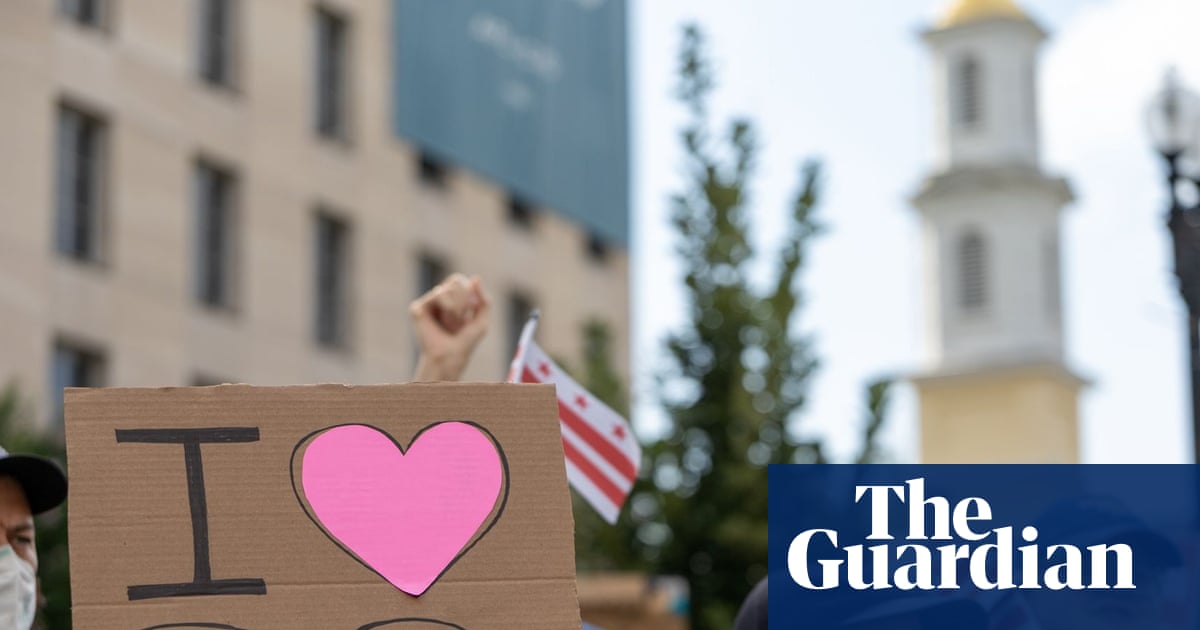Federal Intervention in DC Police Draws Mixed Reactions Amid Crime Debate
Federal Intervention in DC Police Draws Mixed Reactions Amid Crime Debate

President Donald Trump’s recent announcement to deploy the National Guard and assume control of the Washington D.C. police department has ignited a fierce debate among residents and city officials. The move, unveiled Monday morning at the White House, is presented by the administration as a vital measure to combat what it describes as “out of control” crime, following a recent incident involving a government staffer.
Protesters gathered near what was formerly Black Lives Matter Plaza, denouncing the federal intervention as an authoritarian attempt to silence dissent and control the capital. Keya Chatterjee, executive director of Free DC, emphasized that these actions are not about public safety but rather about accelerating Trump’s agenda and seizing control of the district. Mayor Muriel Bowser echoed these sentiments, calling the intervention “unsettling and unprecedented,” citing city statistics that indicate a decline in overall violent crime, with 2024 marking a 30-year low.
However, not all residents share this critical view. Lamont Mitchell, a lifelong Washingtonian residing in a high-crime area east of the Anacostia River, expressed openness to Trump’s plans for enhancing safety, despite reservations about the treatment of the homeless. Mitchell, 69, voiced a strong desire for increased personal safety, advocating for “drastic action when drastic action is called for.” Similarly, Sandra Seegars, an anti-crime activist from the high-homicide Congress Heights neighborhood, welcomed the federal presence, stating, “He’s going to make me feel safer.”
This deployment marks another instance of Trump sending troops to an American city, following a similar action in Los Angeles in June to address immigration enforcement protests. While the city already hosts numerous law enforcement agencies, residents like Brian Strege, a neighborhood commissioner, remain cynical, viewing the deployment as “red meat to throw to his base” and doubting its long-term effectiveness. Strege noted that juvenile crime naturally decreases in September when schools resume, potentially making the intervention appear more successful than it truly is. The presence of federal agents, as observed by Edward Daniels in Navy Yard, also raised concerns about coordination and the potential for increased chaos.
The contrasting perspectives highlight the deep divide within Washington D.C. regarding the federal government’s role in local law enforcement and the most effective strategies for ensuring public safety.
Disclaimer: This content is aggregated from public sources online. Please verify information independently. If you believe your rights have been infringed, contact us for removal.